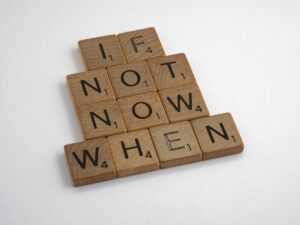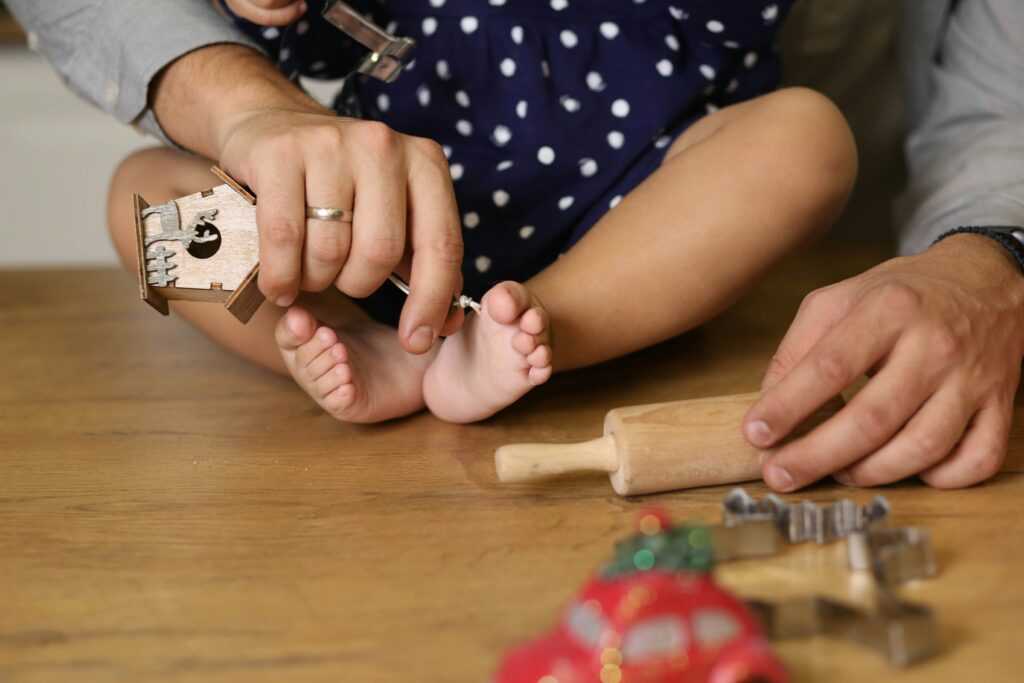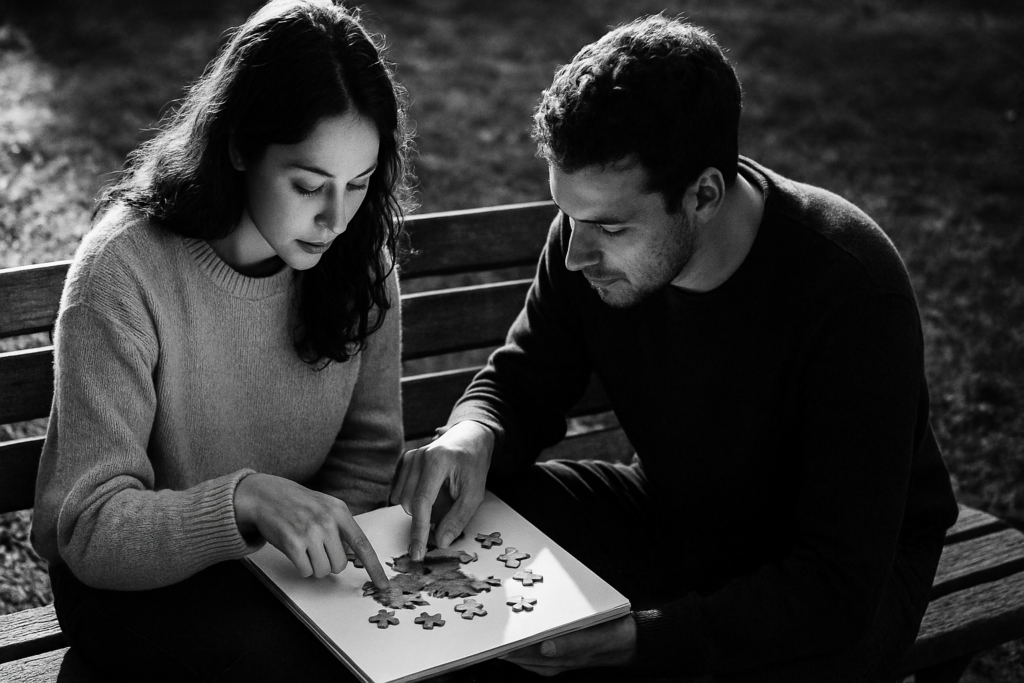Understanding Child Development and Cognitive Skills
Child development encompasses various skills like language, social-emotional, and cognitive abilities. Puzzle games offer unique ways to foster these skills.
The Role of Play in Learning
Play is essential to learning and cognitive growth. It aids in problem-solving, social skills, and creativity. When children engage in play, like puzzle games, they enhance their ability to think critically and work through challenges.
Play encourages experimentation and learning from trial and error, which is vital for cognitive development.
Cognitive Enhancements Through Games
Puzzle games improve cognitive functions such as:
- memory
- spatial awareness
- logical thinking
For example, jigsaw puzzles enhance spatial reasoning by requiring children to recognize shapes and fit pieces together.
Memory games strengthen recall abilities by having children remember and match pairs. Additionally, strategy-based puzzles improve planning and foresight, helping children understand cause-and-effect relationships.
| Cognitive Skill | Puzzle Game Example | Enhancement |
|---|---|---|
| Spatial Reasoning | Jigsaw Puzzles | Improved ability to visualize and manipulate |
| Memory | Matching Games | Enhanced recall and recognition skills |
| Logical Thinking | Strategy Puzzles | Better planning and problem-solving skills |
Puzzle games, by engaging various cognitive functions, contribute significantly to a child’s overall development.
How Puzzle Games Boost Child Development
Puzzle games significantly bolster various aspects of child development, aiding cognitive, emotional, and physical growth.
Enhancing Problem-Solving Skills
Puzzle games enhance problem-solving skills in children. They face challenges, which require critical thinking and strategic planning.
For example, jigsaw puzzles compel kids to analyze shapes and patterns to find where each piece fits.
These activities foster an analytical mindset, helping children approach problems methodically and persistently.
Improving Memory and Concentration
Memory and concentration see improvement through regular puzzle play. Children often need to remember shapes, colors, and patterns in games like matching pairs.
This repetition encourages enhanced recall abilities. Concentration improves as children stay focused on completing puzzles, an ability that benefits academic performance and daily tasks.
Development of Fine Motor Skills
Puzzle games aid the development of fine motor skills. Children manipulate small pieces, enhancing hand-eye coordination and dexterity. Games involving stacking, fitting, or aligning shapes improve these skills.
These actions build the physical foundation necessary for writing, typing, and other precision tasks.
The Social and Emotional Benefits of Puzzle Games

Puzzle games offer significant social and emotional benefits for children. They not only engage their minds but also foster important interpersonal skills.
Encouraging Teamwork and Collaboration
Puzzle games encourage teamwork. When children work together to solve puzzles, they learn to communicate and share ideas and strategies.
Group puzzle activities help children recognize each other’s strengths, which promotes mutual respect. For instance, in a classroom setting, collaborative puzzle-solving enhances group cohesion and interpersonal understanding.
Boosting Self-Esteem and Patience
- Puzzle games boost self-esteem.
- Completing a puzzle provides a sense of achievement, reinforcing children’s confidence in their abilities.
- Each solved piece builds self-assurance.
- Puzzle games also promote patience.
- Children learn to approach problems methodically instead of rushing, which improves their persistence and focus over time.
Reflections From Educators and Psychologists
Educators and psychologists frequently observe the positive influences puzzle games have on children’s development. I gathered insights on how these games shape learning both in classrooms and beyond.
Insights From Classrooms
Teachers notice increased engagement when children use puzzle games. These games capture attention and make learning fun.
A third-grade teacher shared that her students, who regularly play puzzle games, demonstrate improved problem-solving skills and higher persistence in tackling difficult tasks.
Puzzle activities also encourage cooperative learning, with students working in pairs or small groups to solve puzzles, thereby enhancing their teamwork and communication skills.
Another educator noted that integrating puzzles into daily lessons boosts memory retention. For example, matching games for vocabulary lessons aid in better recall and application of new words.
These observations align with studies showing that interactive learning methods, like puzzles, lead to deeper understanding and longer-lasting knowledge.
Expert Opinions on Game-Based Learning
Child psychologists emphasize the cognitive and emotional benefits of game-based learning. A clinical child psychologist commented that puzzle games develop essential cognitive skills, such as spatial reasoning and logical thinking.
These skills are crucial during early child development and contribute significantly to academic performance in subjects like mathematics and science.
Educational psychologists further highlight that puzzle games support emotional regulation. When children encounter challenges within the games, they learn to manage frustration and practice patience.
These emotional skills are transferable to real-life situations, helping children navigate difficulties with a calm and methodical approach.
Both educators and psychologists agree that puzzle games offer a balanced learning experience, harnessing enjoyment to foster substantial developmental gains.
This holistic benefit underlines the value of incorporating puzzle games into educational strategies.


